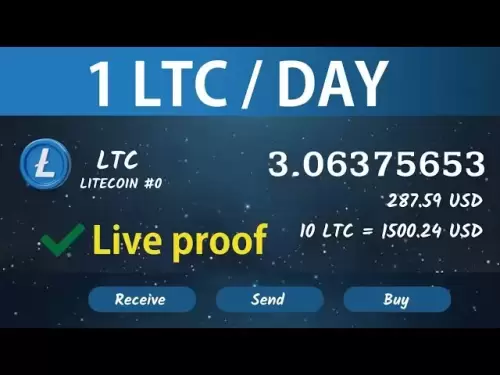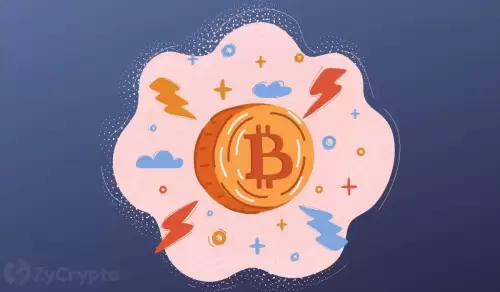Jito Labs' BAM is shaking up Solana, promising faster, fairer, and more private transactions. But is it a game-changer or just another flash in the pan?
Yo, crypto heads! Solana's been buzzing lately, and a big reason why is Jito Labs' Block Assembly Marketplace (BAM). It's supposed to be the next big thing for DeFi on Solana, making things faster, more private, and fairer. But is it all it's cracked up to be?
What's the Deal with Jito's BAM?
Basically, BAM is a new way of organizing transactions on Solana. Instead of validators doing all the work, BAM uses special 'block builder' nodes to collect and encrypt transactions. This keeps things private and reduces front-running, which is when sneaky traders jump ahead of everyone else to make a quick buck. As Jito Labs put it, it's all about turning extraction into value creation.
The main idea is to make Solana more attractive to big players like institutions, who need things like low-latency order matching, privacy, and auditable sequencing. BAM aims to deliver all that, potentially turning Solana into a decentralized Nasdaq.
Key Benefits of BAM
- Privacy: Transactions are encrypted, so no one can see what you're trading before it happens.
- Speed: Moving transaction assembly off-chain can boost throughput and reduce congestion.
- Customization: Projects can plug in their own matching engines and compliance checks.
- Auditability: Every block of trades comes with a tamper-proof receipt, so regulators can keep an eye on things.
Is It Working?
DeFi Development Corp. seems to think so! They've been buying up tons of SOL, betting big on Solana's potential. Plus, Jito Tips, BAM's precursor, already accounts for a huge chunk of Solana's priority fee volume. People are using it, and that's a good sign.
The Flywheel Effect
Here's where it gets interesting. As more developers build cool stuff on BAM, it generates more MEV (Maximal Extractable Value), which attracts more users, validators, and liquidity. It's like a snowball effect, similar to how Amazon or Meta grew. The adoption of Jito Tips show blockspace is becoming a coordination layer. Tipping behavior is becoming less about outpacing competitors and more about maintaining reliability in high-contention environments.
My Take: Potential with a Side of Caution
Look, BAM is definitely a cool idea, and it could really shake things up for Solana. The ability to customize transaction sequencing and create a more level playing field is a big deal. The BAM system is composed of three pillars: nodes, validators, and plugins. Each plays a distinct role in unlocking new revenue streams and composability for developers.
However, there are some things to watch out for. Centralization is a concern if Jito gets too much control over blockspace. Plus, regulators could start poking around if MEV mechanisms get too crazy. I'm saying that investors should monitor these dynamics closely while assessing Solana's technical and governance resilience.
The Bottom Line
Jito's BAM is a bold move that could redefine DeFi on Solana. It's not just about faster transactions; it's about creating a whole new economic layer. Whether it lives up to the hype remains to be seen, but for now, it's definitely worth keeping an eye on. Solana's ability to adapt and innovate may prove to be its most valuable asset. Who knows, maybe Solana will become the next big thing? Only time will tell, but I'm definitely grabbing some popcorn and watching the show!













































































